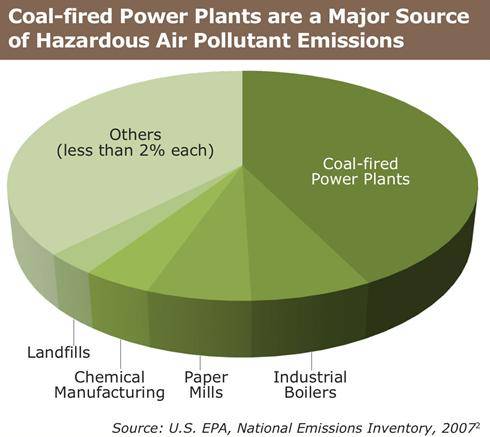- Banned
- #521
All fine and dandy, but what about those who have taken over the government, and while the nation is weak they want to transform it into something that no one else wants within a majority ? This is what happens in a vacum that has been created, wherefore we have those whom want to take advantage while they can now, even if it means destroying the nation in order to do so, and then rebuilding it afterwards, because they are willing to do it no matter what it takes. Talk about getting kicked when we are down, it's just so sad...Business will fix what business broke. America's full employment. While they are doing that, goverment will keep those that business laid off afloat, so that the demand that business laid off with the workers, keeps business afloat.
Requires borrowing, but look how successful that borrowing has been as compared to Europe's austerity that you've been rooting for for the last five years.
Here's the danger. Business leaders will claim monumental rewards for fixing what they broke, when in truth, it was government that mitigated their disaster.
As all of this unfolds, Rush and Rupert will of course turn the volume up on what they are well paid to say, that all good comes from the wealthy, and all bad from the government. In fact as bad, they'll say, as Republicans are, Democrats are even worse.
We've heard it all before and even fell for it in 2000.
No more. Many of us learned from our mistakes. Some of us never will.
The Founders were in agreement that the United States of America must be strong enough to repel those who would seek to attack and defeat us. But, with few exceptions, they feared a too large, too powerful government as a threat to liberty; they did not fear a small government as a threat to liberty.
In a nutshell, modern American conservatiism allow just enough government to provide the common defense and allow for enough organiation and regulation so that the individual states can be one united nation without doing physical, economic, or environmental violence to each other. And other than that, the federal government was to acknowledge and defend our unalienable rights and then leave us strictly alone so that we could form whatever sorts of societies we wish to have and live our lives as we choose.
Such a system allowed for broad diversity and choices of lifestyle and allowed people of widely differing religious beliefs, cultural preferences, and every other sort of society we can imagine to do their own thing. Rights were recognized as anything that required no contribution or participation by any other. The people, not the federal government, would decide what laws, regulation, or contracts would be involved in everything else.
Take all the conservatives out of the equation, and I think it would leave a deep void that would almost certainly be filled by some form of government even more authoritarian that present and completely self serving. And the USA that the Founders gave us would be something far different from what it once was and/or is.
"The Founders were in agreement that the United States of America must be strong enough to repel those who would seek to attack and defeat us. But, with few exceptions, they feared a too large, too powerful government as a threat to liberty; they did not fear a small government as a threat to liberty."
History rewritten.
In truth the debate was between the Federalists and the anti-Federalists. The anti-Federalists wanted their state/colony to be more powerful than their neighbors, like in Europe, so argued for a federal government so weak that the states would be largely independent. The Federalists saw the state of Europe and argued that a strong Federal union of states would position us to hold our own against those countries. The one thing that they could agree on was a republic, no monarch, as they had experienced as colonies under King George the tyranny of royalty.
The Federalists prevailed. Once the Constitution was written the issues between the two positions was diffused by ammending it with the Bill of Rights prohibiting legislation in certain specific areas of life.
Nobody wanted weak government. The issue was strong state government vs strong federal government.
